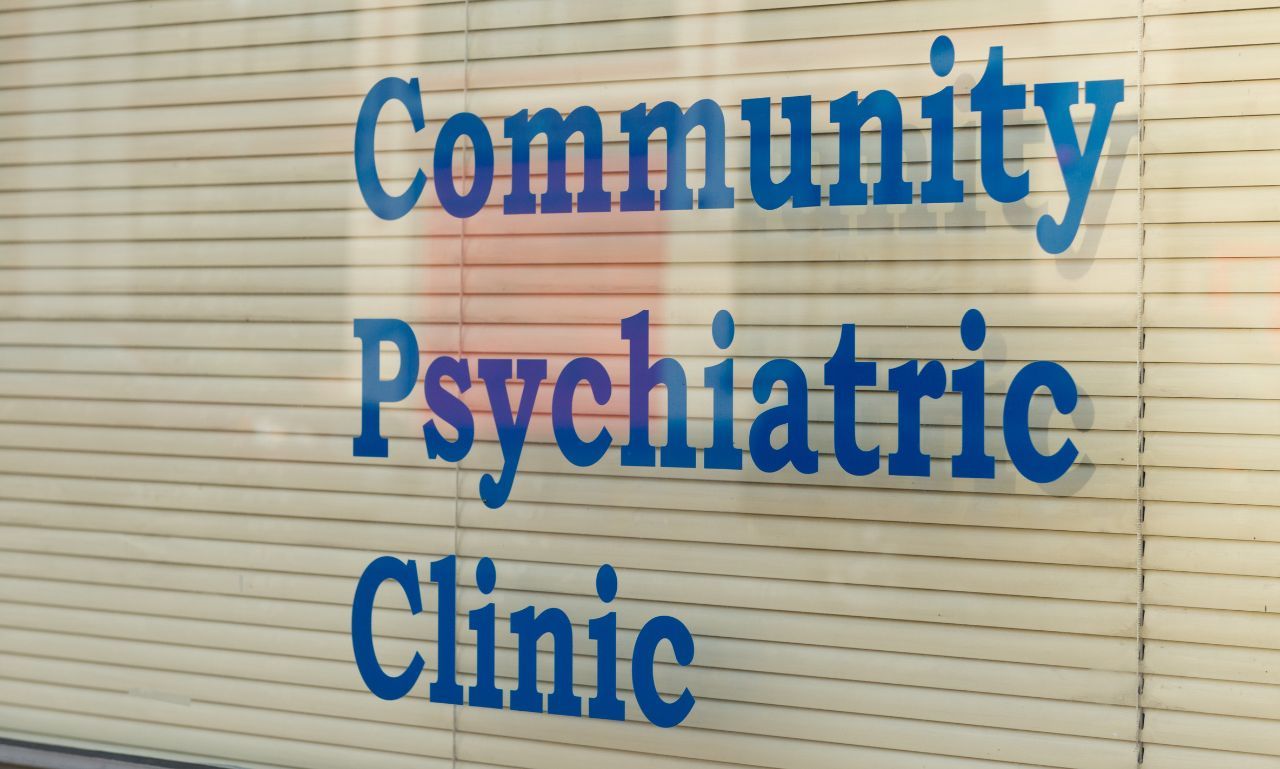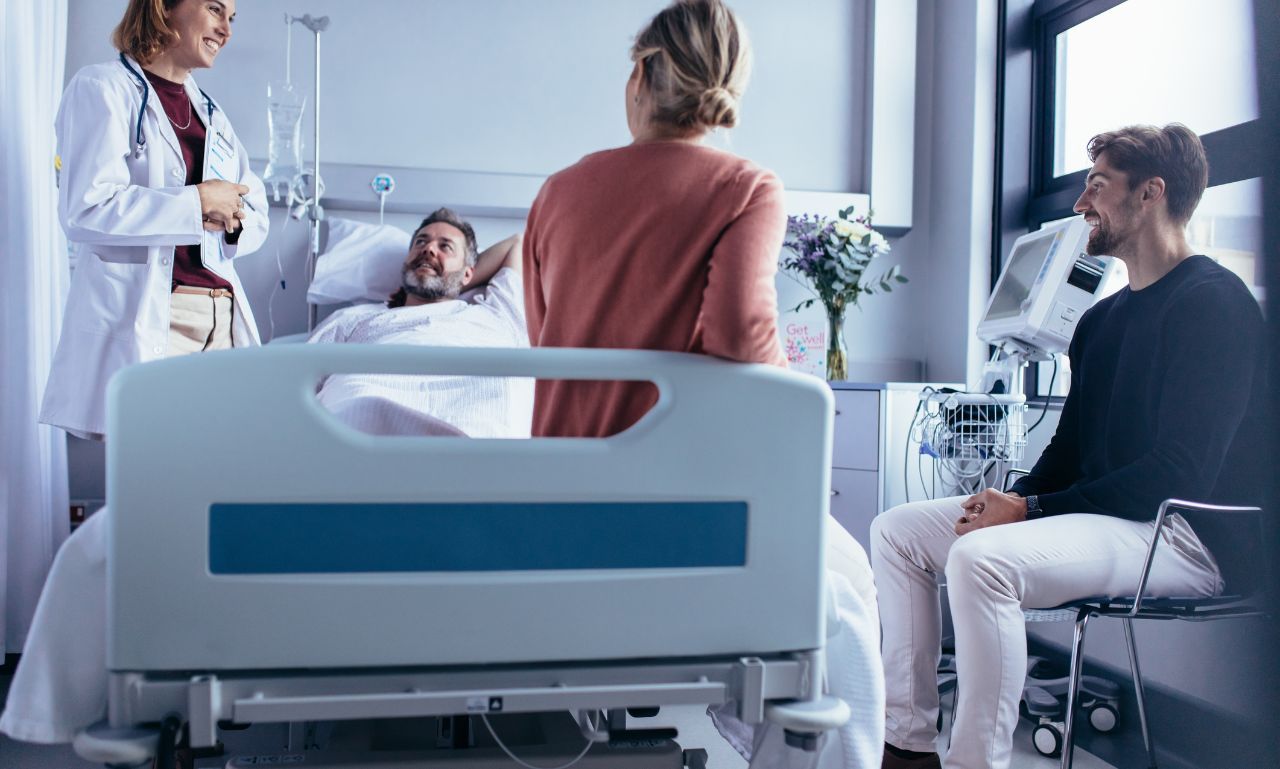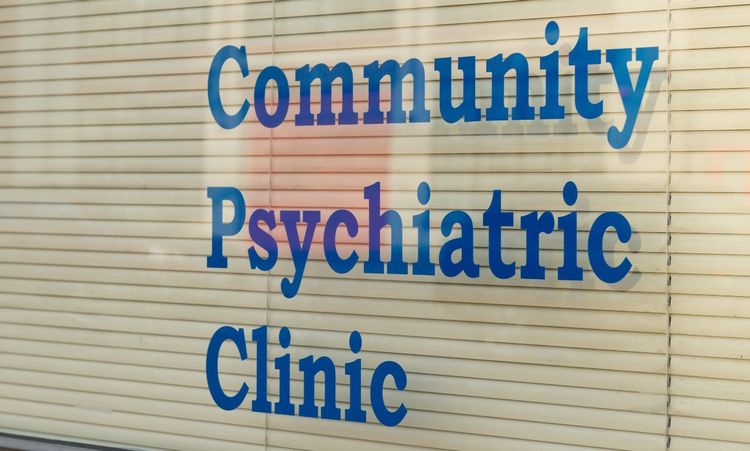Navigating the path to mental wellness is often fraught with challenges, and the period following a psychiatric hospital stay can be particularly daunting. It's a time when your loved one may feel vulnerable, anxious, and uncertain about the future. Understanding how to support someone after psychiatric hospital involves more than just being present; it requires proactive engagement, informed strategies, and a compassionate approach tailored to their unique needs.
In this guide, you'll discover actionable steps and thoughtful practices to ensure a smooth transition from hospital to home life. From coordinated discharge planning to building a robust support network, each section is designed to empower you with the knowledge and confidence to make a meaningful difference in your loved one's recovery journey.
Coordinated Discharge Planning
Coordinated discharge planning is the cornerstone of a successful transition from psychiatric care to home life. This process involves meticulous coordination between healthcare providers, the patient, and their support system to ensure that all aspects of the patient's care are addressed comprehensively.
Understanding the Discharge Plan

A well-structured discharge plan should include:
- Medical Information: Detailed information about medications, dosages, and schedules.
- Follow-Up Appointments: Scheduled visits with mental health professionals.
- Therapeutic Services: Access to ongoing therapy or counseling sessions.
- Support Resources: Contacts for community resources and support groups.
Steps to Facilitate Effective Discharge Planning
- Attend Discharge Meetings: Participate in meetings with healthcare providers to stay informed about the patient's treatment plan.
- Review Medications: Ensure you understand the prescribed medications and their administration.
- Prepare Documentation: Gather all necessary medical records and discharge paperwork.
- Establish Communication Channels: Maintain open lines of communication with the healthcare team for any post-discharge questions or concerns.
The Role of Families and Caregivers
Families and caregivers play a pivotal role in the discharge planning process. By actively engaging in discussions and advocating for the patient's needs, you can help create a supportive environment that enhances the effectiveness of the treatment plan.
For more detailed insights on discharge planning, you can refer to NAMI's Guide on Discharge Planning.
Preparing the Home Environment for Their Return
Creating a safe and supportive home environment is essential for the successful reintegration of someone returning from psychiatric care. This preparation involves both physical adjustments and emotional readiness to ensure the home serves as a sanctuary for recovery.
Physical Adjustments
- Safe Space: Designate a calm and clutter-free area where your loved one can relax and feel secure.
- Medication Organization: Use pill organizers and set reminders to help manage medications effectively.
- Privacy Considerations: Ensure that there is adequate privacy for therapy sessions or personal time.
Emotional Readiness
- Open Communication: Foster an environment where your loved one feels comfortable expressing their feelings and concerns.
- Patience and Understanding: Recognize that adjusting to home life may take time and require patience.
- Routine Establishment: Help create a daily routine that incorporates healthy habits and self-care activities.
Incorporating Comforting Elements
- Personal Touches: Include items that bring comfort, such as favorite books, pictures, or soothing music.
- Comfortable Living Areas: Ensure that common areas are inviting and conducive to relaxation and social interaction.
For tips on setting up a supportive home environment, visit Mental Health America’s Home Environment Tips.
Scheduling Follow-Up Appointments
Scheduling and attending follow-up appointments is a critical aspect of post-discharge care. These appointments ensure that the patient continues to receive necessary treatment and that any emerging issues are promptly addressed.
Importance of Follow-Up Care
Follow-up care helps in:
- Monitoring Progress: Tracking the patient's recovery and adjusting treatment plans as needed.
- Medication Management: Ensuring medications are effective and managing any side effects.
- Preventing Relapse: Identifying early signs of relapse and intervening promptly.
How to Manage Appointments
- Create a Calendar: Keep a detailed calendar of all upcoming appointments and share it with your loved one.
- Set Reminders: Use alarms or smartphone apps to remind both of you about upcoming visits.
- Transportation Arrangements: Ensure reliable transportation is available for all scheduled appointments.
Building a Relationship with Healthcare Providers
Establishing a strong rapport with healthcare providers can enhance the effectiveness of follow-up care. Encourage your loved one to ask questions and express any concerns during appointments to foster a collaborative treatment approach.
For more information on the importance of follow-up care, see Mayo Clinic's Guide on Follow-Up Care.
Building a Supportive Network
A robust support network can significantly impact the recovery process. It provides emotional backing, practical assistance, and a sense of community that can alleviate the challenges faced after discharge.
Identifying Key Support Persons
- Family Members: Close relatives who can offer daily support and understanding.
- Friends: Trusted friends who can provide companionship and a listening ear.
- Support Groups: Peer groups where individuals share similar experiences and provide mutual support.
Engaging with Supportive Communities
- Local Support Groups: Participate in community-based groups tailored to mental health recovery.
- Online Communities: Utilize online forums and social media groups for additional support and resources.
The Role of Peer Support Specialists
Peer support specialists, who have personal experience with mental health challenges, can offer unique insights and encouragement. Integrating them into the support network can provide relatable guidance and hope.
For resources on building a support network, check out Psychology Today's Support Systems.
Engaging Family and Friends

Involving family and friends in the recovery process can create a strong foundation for support. Their involvement ensures that the patient feels understood, valued, and connected to a network that cares.
Educating Loved Ones
- Understanding Mental Health: Provide information about the specific mental health condition to foster empathy and reduce stigma.
- Effective Communication Techniques: Teach strategies for active listening and non-judgmental conversation.
Encouraging Participation
- Attend Therapy Sessions: Whenever appropriate, involve family members in therapy sessions to promote collective healing.
- Participate in Support Groups: Encourage family and friends to join support groups tailored for caregivers.
Setting Boundaries and Expectations
Clear boundaries are essential to prevent caregiver burnout and ensure respectful interactions. Discuss and agree upon roles, responsibilities, and limits within the support framework.
For guidance on engaging family and friends, refer to Healthline's Tips for Family Support.
Conclusion
Supporting someone after psychiatric hospital requires a multifaceted approach that combines practical assistance with emotional empathy. By coordinating discharge planning, preparing a supportive home environment, scheduling follow-up appointments, and building a robust network, you lay the groundwork for a successful transition and sustained recovery. Engaging with family and friends, identifying community resources, accessing professional help, and emphasizing medication adherence are crucial components in this journey.




